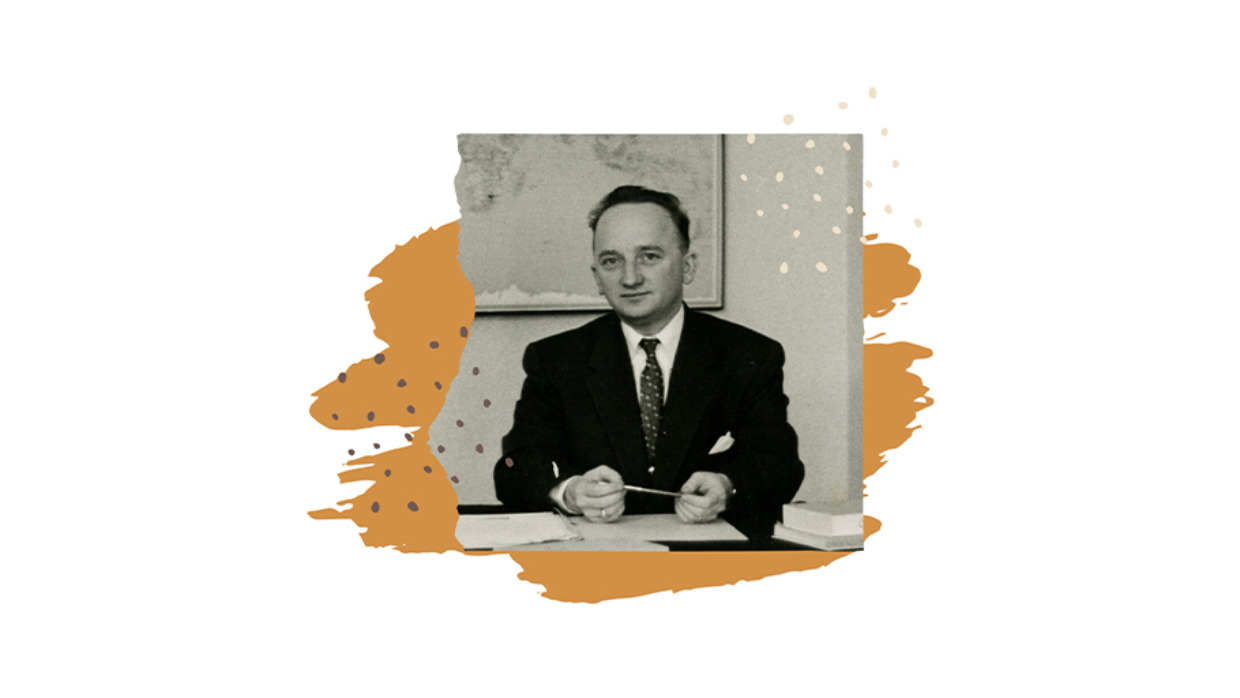 Vampire Weekend's Surprising Jewish Stories
Vampire Weekend's Surprising Jewish Stories


4 min read
3 min read
4 min read
2 min read
The Harvard grad was an expert in human rights and international law.
View this post on Instagram
Benjamin Ferencz, the last surviving judge who presided over the Nuremberg Trials, is born.
Ferencz was born in Csolt Hungary (Now Romania) on March 11th, 1920. Before he turned 1, his parents fled Hungary and emigrated to the United States to escape Jewish persecution following Romania’s acquisition of Eastern Hungary and Transylvania. Ferencz was raised in Manhattan’s Lower East Side. He received his undergraduate degree from City College and attended Harvard Law on a scholarship awarded to him for a high score on his criminal law exam.
After graduating from Harvard in 1943, Ferencz enlisted in the Army. 1944 brought his presence in the 115th AAA Gun Battalion where he received a subsequent transfer to the US Third Army under General Patton. It was there that he was charged with establishing a division of war crimes and directed to collect related evidence. This job brought him to Nazi concentration camps liberated by the United States.
Shortly after receiving an honorable discharge on Christmas day 1945, Ferencz was hired to return as a prosecutor, a role Ferencz accepted on the condition that he be given the rank of Colonel. Telford Taylor appointed Ferencz to the role of chief prosecutor in the United States of America vs. Otto Ohlendorf, better known as the Einsatzgruppen trial where in his first case, he successfully secured convictions for each of the 22 men that were tried.
Following the Nuremberg Trials, Ferencz remained active on the legal end of things in Post War humanitarian efforts, helping to establish reparation initiatives and programs for survivors of Nazi persecution. He also held sway in conversations that led to Israel and West Germany’s reparations Agreement of 1952. Ferencz reunited forces with Telford Taylor as partners in a private law practice. He would stay for 13 years until the war in Vietnam motivated him to work with the International Criminal Court, a legal body that would not come into physical formation until 2002.
Ferencz has spent much of his life advocating and speaking on the importance of international law and has written several related books on the topic. He spent 11 years at Pace University, lecturing on human rights and international law.
